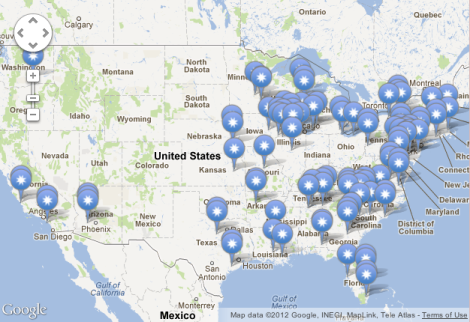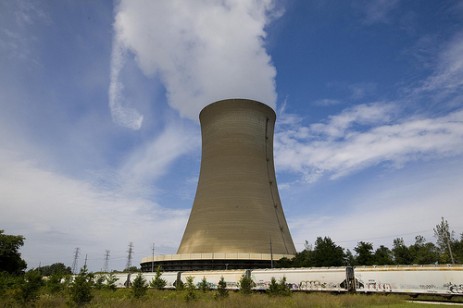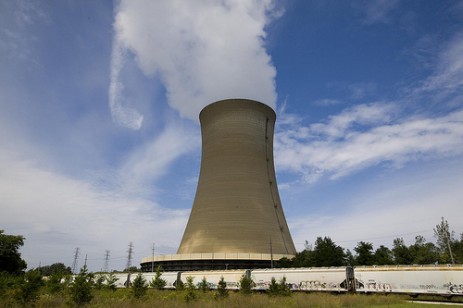The U.S. Nuclear Regulatory Agency is launching a study to assess the cancer risk for people living near six nuclear power facilities. Seems like a good idea, sure.
From the Los Angeles Times:
The commission is acting out of growing concern that using uranium to produce electricity may be dangerous even without accidents at nuclear plants. In addition, recent epidemiological studies in Germany and France suggest that the children living near nuclear reactors are twice as likely to develop leukemia.
The U.S. study will be conducted by the National Academy of Sciences, which will also help the commission determine whether to extend the study to all 65 U.S. nuclear power plants and certain nuclear fuel sites.
The pilot study will investigate cancer rates in each census tract within a 30-mile radius of the nuclear facilities, and assess cancers in children younger than 15 whose mothers lived near a nuclear facility during pregnancy. About 1 million people live within five miles of operating nuclear plants in the United States, and more than 45 million live within 30 miles, nuclear regulatory officials said.

NRC.govMap of operational nuclear reactors in the U.S.
This isn’t the first time that the NRC has conducted such a test.
The last time officials assessed cancer rates near nuclear power plants was in 1990. The National Cancer Institute studied cancer risks posed by the 104 licensed reactors the commission governed at that time. The study concluded that the health risks, if any, were too small to be measured.
This is a key point: There is very probably not much to be worried about. But as plants continue operation, continue generating waste, age — it’s certainly worth an assessment. (In August, we noted a moratorium on building new nuclear plants, given the challenges of dealing with the resulting waste.)
A sort-of-related bit of news from Japan.
[Japan’s newly-former Nuclear Regulation Authority] is expected to propose widening Japan’s nuclear emergency evacuation guidelines to 30 kilometers, the recommended distance by the International Atomic Energy Agency. …
During the Fukushima disaster, about 87,000 people within a 20-kilometer ring of the plant and some additional areas were ultimately forced to leave their homes. The government has relaxed the evacuation order twice, most recently in March, but most people have not returned.
Even if living near a nuclear facility isn’t generally carcinogenic, there are some other potential downsides.




